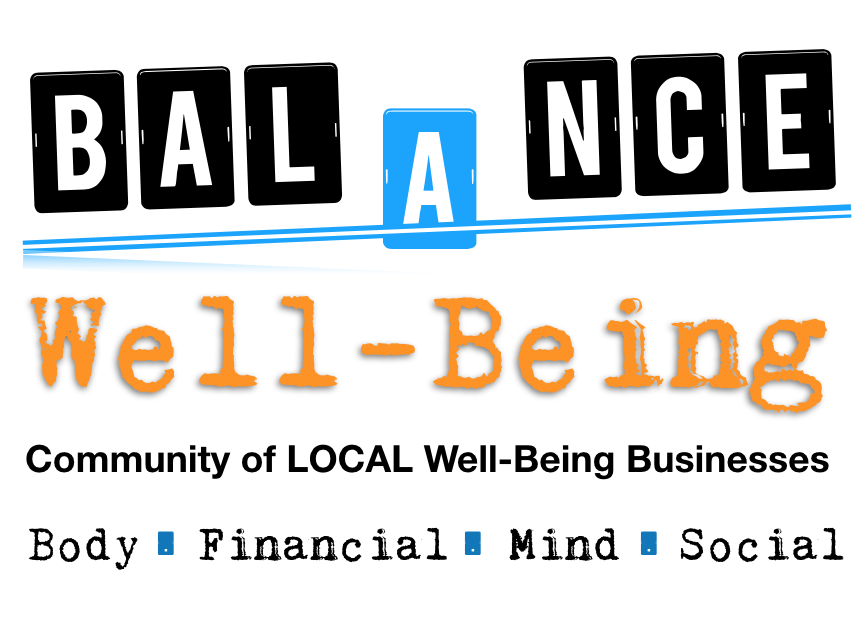
Vulnerability seems to be the favourite buzz word of the moment. Whether you’re watching Brene Brown’s Netflix special on the subject, taking Pema Chodron’s online course, Living with Vulnerability, or reading Elizabeth Lesser’s book, Broken Open, you’re likely hearing the word more often these days.
If we look at the etymology of the word, we get the following:
c. 1600, from Late Latin vulnerabilis “wounding,” from Latin vulnerare “to wound, hurt, injure, maim,” from vulnus (genitive vulneris) “wound,” perhaps related to vellere “pluck, to tear”, or from PIE *wele-nes-, from *wele- (2) “to strike, wound”. From Etymoline.com.
Nothing about this looks very appealing. Why would we want to be wounded? Haven’t we made it our mission as a society to prevent wounds? We’ve erected dwellings, created protective clothing, even developed weapons to ensure our safety and survival.
In fact, we have become a very self-protective society. Before that first date, we might check out our potential beau’s Facebook and Instagram. Many of our homes have security cameras and motion-detection lights to warn us of possible vandals or intruders. We erect fences and enact laws to delineate space between ourselves and others.
So, why break the bubble? Why risk becoming more visible and so more vulnerable? Perhaps, by stepping out from behind the walls we’ve built, we will see the truth of who and what we are.
Whenever we erect a barrier, we push something away. From behind the barrier, we cannot see what that is, and we become afraid of the unknown. We come to see as dangerous anything we don’t understand. Yet, we cannot come to understand it until we take down the wall we’ve erected.
We can wait for death to take the veil from our eyes, or we can choose to wake up in this lifetime and see what is. That means being willing to look at everything we’ve been hiding from, both within ourselves and in the world around us.
What if our wounds are openings into infinity? Pema Chodron talks about that in her course. She discusses sitting with what is uncomfortable until you move through it into openness. It’s very difficult and painful to lean into our discomfort, but we can cultivate compassion for ourselves and others by being willing to go there. We may have less anxiety if we are actually willing to turn toward the mystery of ourselves instead of avoiding it, and hoping the uncomfortable feelings will go away.
What if in turning toward our wounds we discover a doorway not only into ourselves but our compassionate connection with others? Before we specialized our skills and erected buildings to house us separately from one another, we lived and worked together. Tribes only survived as a group. If anyone wandered off on their own, they were at greater risk. It was natural to care for one another, because we were intimately interdependent. We needed everyone in the tribe. No one was expendable.
What if the raw, painful feelings we experience during loss and tragedy are actually doorways to the ultimate happiness? When we shed our walls and let others in, we have an opportunity to feel truly loved and supported, to feel a deeper connection than we may have felt before.
What if a wound is only a wound because something had to be closed in order to open? If we are simply open, does our notion of woundedness cease to exist? Perhaps our wounds are there to remind us that we were closed off in the first place. Perhaps we can see them as an invitation to surrender to the deepest union with ourselves, with each other, with infinity.
